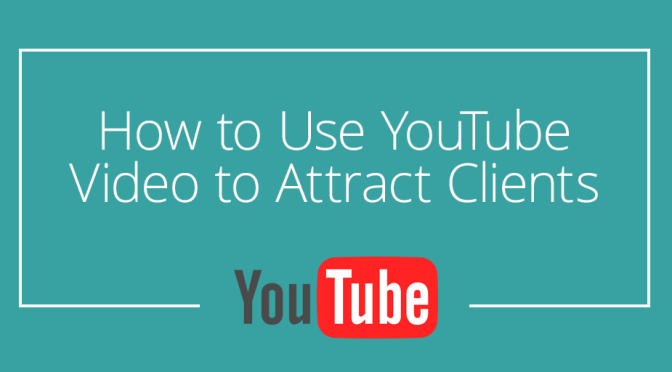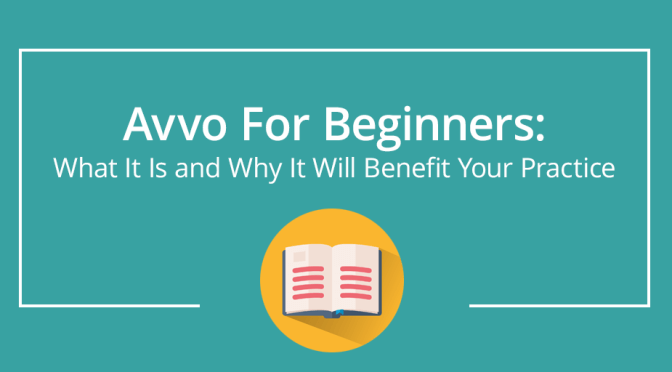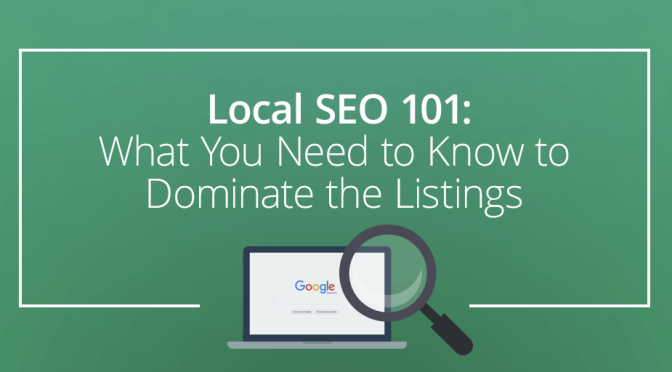How do I get more referrals?
Wow, what a question. It’s the single most important question you’ll ask when starting and growing your law firm.
Fortunately, I’ve got the answer. Below, I’m giving you the ultimate guide to getting quality referrals for your law firm. Even if you’re a complete beginner, here are the best tips to growing your law firm through word of mouth marketing. Let’s get started.
[Tweet “Here are the best tips to growing your law firm through word of mouth marketing:”]Network

Consider networking with other small business owners in your area, too. These small business owners have access to a wide group of customers along with their own friends and family.
If you’ve niched down and offer specialized services, consider reaching out to businesses within that industry. Establish relationships with them. For example, if you specialize in prenups, you should cozy up to wedding planners. It’s a congruent relationship that makes sense.
Join groups online and in person, too. LinkedIn and Facebook are great places to start. But you can also contact your local chamber of commerce to find out about area events and social hours where you can mingle.
If the word “mingle” gives you the hives, I get it. Believe me, I get it. But if you want more clients, you’ve got to put yourself out there and be personable. Putting yourself out there is quite frankly the only way to get more exposure and earn referrals.
Make Customer Service a Top Priority
Even if you’re a one-person-shop, your customer service should be second to none. It doesn’t cost anything to smile, be friendly, and respond in a prompt and professional manner. And it doesn’t cost much to hire someone else to do it for you, if you find that you’re too busy to answer phones, make coffee, and meet with prospective clients.
When you make the client a priority and go out of your way to offer outstanding service, you’ll find that your current clients are more willing to recommend you to their friends and family.
Be a Referrer
It sounds counterintuitive— you want to get referrals, not give them. But there’s so much truth in the old saying, “scratch my back, and I’ll scratch yours.” If you find yourself with a client that’s not the right fit, don’t hold onto them— that’s not going to serve them or you. Instead, send them to someone who’s right for them.
This will do 3 things:
- It will free you up for a client that makes more sense for your law firm.
- It will build trust with that referred client. He may not need your services now, but he’ll definitely remember you if he needs your services in the future. Plus, you’re demonstrating that on the scale of trustworthy to money-grubbing, you’re leaning way over to the trustworthy side. You’re not just taking them on because you want the money. You’re passing them on to the right person.
- You will ingratiate yourself to your fellow attorney you sent the client to. Now, the attorney will be in your debt, and much more likely to send you clients, too.
Woo Your Current Clients
When you have a client, he or she is worth his weight in gold. Not only are they willing to pay you for your service, they’re also have the potential to advertise yours services to their own circle of influence.
Don’t pass up the opportunity to groom them as potential referrers.
And, not just when they’re in your office. Keep in contact with your clients throughout the year. Keep it simple and send a card to commemorate birthdays, holidays, or anniversaries. Make yourself a part of their family. This will keep you at the top of your clients’ minds, so that when the time comes, they’ll be ready to pass your name to their friends and family.
Simply Ask Your Clients
Although I recommend nurturing your clients, there’s no shame in simply asking your clients to refer you straight out. The best time to do so is after successfully rendering a service. This is the time when they’re happy with you and willing to evangelize on your behalf.
Be Specific With Your Ask
When asking for referrals, don’t be vague. Be clear about what type of client you want. For example, if you’re interested in finding musicians to represent, ask your network if they know that specific type of client.
Thank Referrers
Don’t forget to thank those who’ve referred clients to you– this way, they’ll do it again! Whether clients, fellow attorneys, or others that you’ve networked with, send them a small token of your appreciation. Food gifts (cookies, cupcakes, dave and harry pears, omaha steaks, you name it) are always great. It’s a folksy way of saying thank you.
Take Advantage of Avvo
Avvo is a crucial part of marketing yourself online. As we discussed in our ultimate guide to Avvo (that you can read here), many prospects turn to Avvo to research potential attorneys. Users rely heavily on Avvo’s review system to decide which attorney is right for them.
As you see, Avvo can serve as both an advertiser and a referral source for you.
Be Social
Believe it or not, social media can work as a superstar referral agent for you. Think about it: you’ve got access to a whooping one billion members through Facebook alone.
Use paid ads to extend your reach on social platforms like Facebook, LinkedIn, and more.
If you don’t want to pay for ads yet, you can still make it through organic reach on video channels like YouTube and, to a lesser extent, Vimeo. Make a video to attract clients (we show you how here), and then enjoy the influx of social referrals who would’ve never known about you otherwise.
Buy Radio and TV Spots
if you can afford it, why not go for the gusto and pay for a radio ad, a tv commercial, or both? Depending on your market, it may not be as expensive as you think. For example, a radio ad in Miami, FL may be $1500, but one in Pensacola, FL may only be $250.
Also, prices vary based on what time you’d like for the ad to run. A rush hour spot may be much more expensive than at mid-evening.
The benefits of running radio or TV ads are that you will open yourself up to your community at large. It’s another level of market saturation that can positively impact your referral efforts.
Final Thoughts
Referrals are the bread and butter of most law practices. Use these tips to build up your referral network and bring in more clients. If you’d like ongoing advice on getting clients, and growing your law firm, don’t forget to subscribe to our newsletter.





 Google Search: How to pay for an old ticket
Google Search: How to pay for an old ticket Google Search: Do I own my music if it isn’t registered
Google Search: Do I own my music if it isn’t registered


















